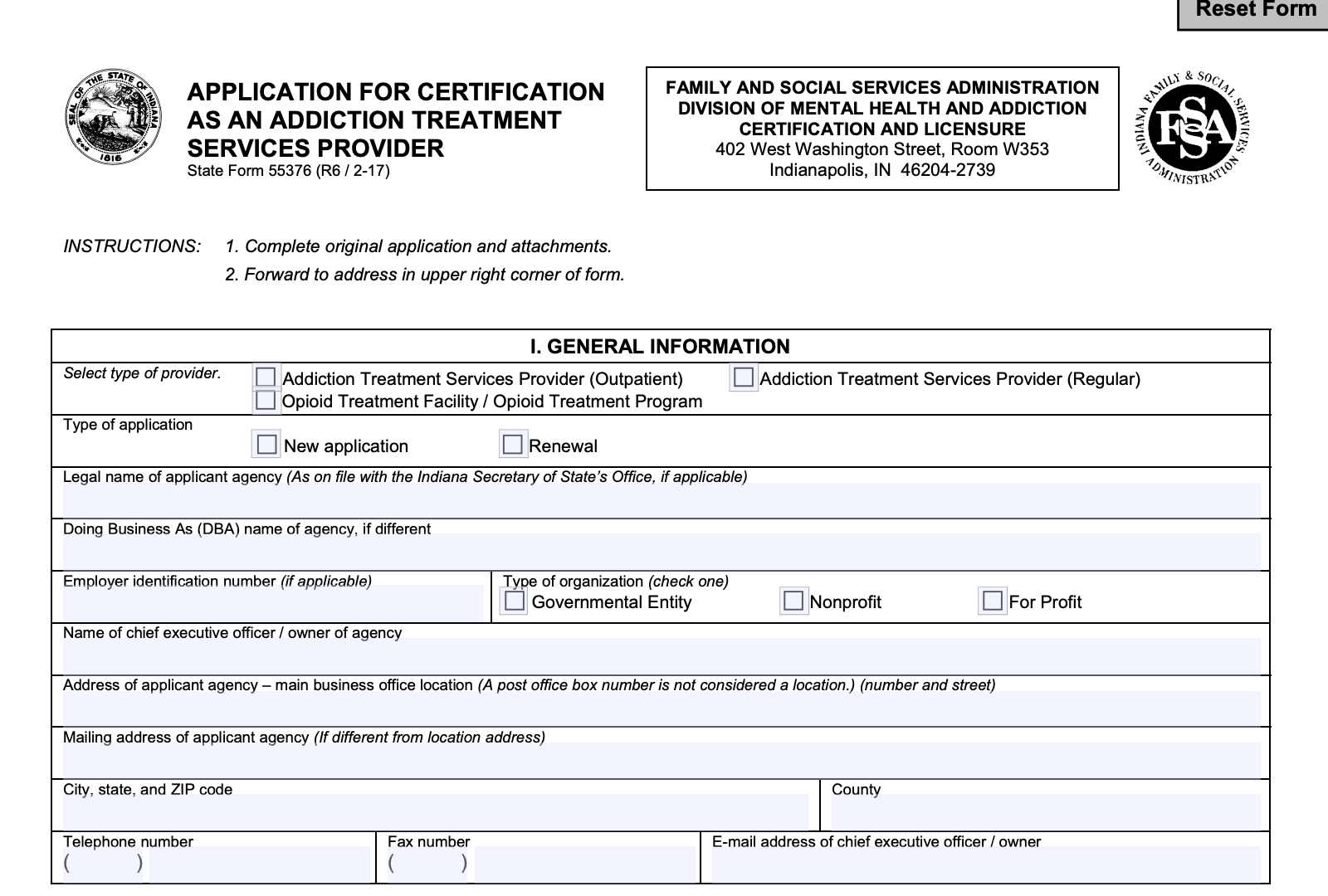Encouraging Lives: Searching For Your Perfect Addiction Treatment Center
Browsing the Trip of Detoxing in the Comprehensive Addiction Therapy Program
The process of detoxing holds a substantial duty in breaking the physical dependence on materials and preparing the person for the succeeding phases of therapy. As people grapple with the obstacles of withdrawal signs and the uncertainties that lie in advance, having an organized plan and a durable support system in place comes to be vital.
Importance of Detoxing in Recuperation

Detoxing sets the foundation for the remainder of the dependency treatment program by preparing the person for more therapy and counseling. By cleansing the body of materials that have been clouding judgment and impacting behavior, detox enables individuals to approach their healing with a more clear mind and stronger emphasis.
Moreover, detoxing aids in taking care of the potentially severe withdrawal symptoms that may arise when drug or alcohol use is stopped. Doctor carefully keep an eye on patients during detox to guarantee their safety and security and provide required assistance. With this process, people can begin their journey in the direction of soberness with a maintained physical and psychological state, increasing the possibility of an effective healing.
Recognizing the Detoxification Process
Detoxification, an essential component of addiction therapy programs, includes a structured procedure targeted at safely eliminating unsafe materials from the body to promote an effective recuperation journey. The detox process normally starts with an analysis to examine the individual's compound use background, physical health, and psychological well-being. This analysis assists healthcare specialists identify the most ideal detoxification strategy tailored to the individual's needs.
Throughout detox, the body goes with withdrawal as it adapts to the lack of the substance. Withdrawal signs and symptoms vary depending upon the sort of substance made use of, the duration of use, and specific aspects. Clinical supervision throughout detox is important to manage withdrawal signs and make certain the individual's security and convenience.

Handling Withdrawal Signs And Symptoms

Medicines may be made use of to ease specific withdrawal signs and lower pain. As an example, medications like methadone or buprenorphine can assist take care of opioid withdrawal symptoms, while benzodiazepines might be utilized for alcohol withdrawal. It is necessary for medical care suppliers to carefully keep track of the person's action to these drugs to ensure their safety and efficiency.
In enhancement to pharmacological interventions, helpful treatments such as therapy, peer assistance groups, and holistic methods like mindfulness reflection or yoga exercise can aid people handle the psychological and emotional obstacles of withdrawal. By dealing with withdrawal signs official statement comprehensively, doctor can boost the cleansing experience and support individuals on their trip to recovery.

Support Solutions Throughout Detox
Support group play a vital duty in providing social and psychological aid to people undergoing detoxification in addiction treatment programs. During the detox process, people usually experience a series of emotional and physical withdrawal signs, making this phase difficult - Addiction Treatment Center. Having a strong support group in position can dramatically influence the person's capacity to navigate via detoxification efficiently
Member of the family, pals, assistance groups, and health care specialists are essential parts of the assistance system. Household members and good friends can provide motivation, understanding, and a sense of belonging throughout this difficult time. Support teams give a system for individuals to connect with others that are undergoing comparable experiences, providing a sense of area and shared understanding. Medical care specialists, including specialists, physicians, and counselors, play a crucial duty in monitoring the person's development, offering medical support, and supplying advice throughout the detox process.
Looking Ahead: Life After Detoxification
Having effectively finished the detoxification stage, individuals in addiction therapy programs currently focus on preparing for the challenges and opportunities that exist in advance in their trip in the direction of healing. Life my blog after detox marks a vital change duration where people have to continue to improve the progress made during detox to keep their soberness. It is essential for individuals to identify that the trip in the direction of recuperation is recurring and needs commitment, commitment, and a determination to embrace change.
One key aspect of life after detox is the development of dealing mechanisms to deal go to this site with triggers and food cravings that might arise. This might entail finding out brand-new skills, such as mindfulness methods, cognitive-behavioral methods, and stress management methods, to browse tough situations without turning to material use. Additionally, people are motivated to proactively take part in ongoing therapy, support system, and aftercare programs to enhance their assistance network and get assistance as they navigate the complexities of life post-detox.
Conclusion
Recognizing the detox procedure and handling withdrawal symptoms are crucial steps in the direction of healing. It is vital to acknowledge the importance of detox in the procedure of conquering addiction and relocating towards a life of soberness.
Medical guidance during detox is important to manage withdrawal signs and symptoms and make sure the individual's safety and security and convenience.
By recognizing the detox procedure and its relevance in breaking the cycle of addiction, individuals can begin on a course towards lasting healing.
Throughout the detoxification process, individuals often experience a range of emotional and physical withdrawal signs and symptoms, making this phase tough. Healthcare professionals, including counselors, doctors, and therapists, play an important function in checking the person's development, supplying medical support, and providing assistance throughout the detox process.
Life after detox marks an important change duration where individuals should continue to construct on the progression made throughout detox to maintain their soberness.